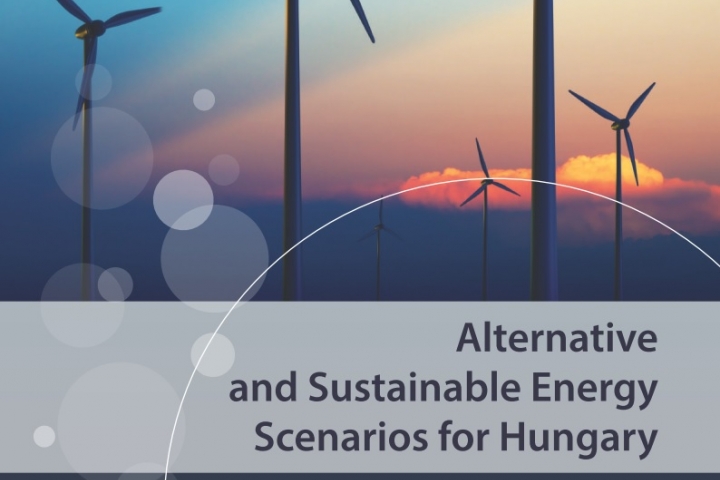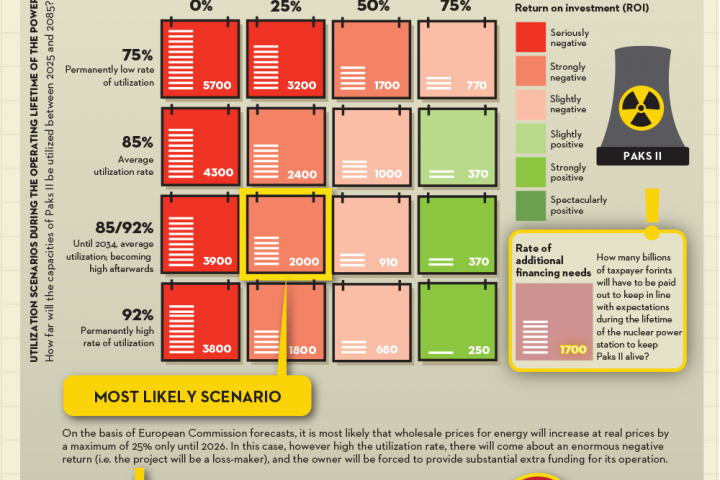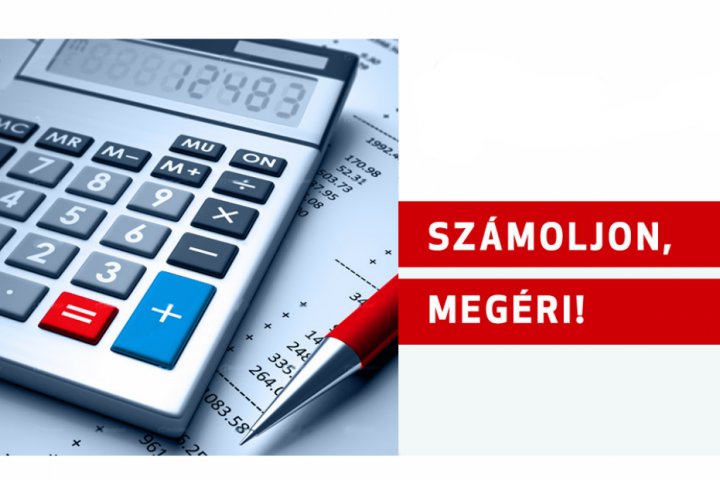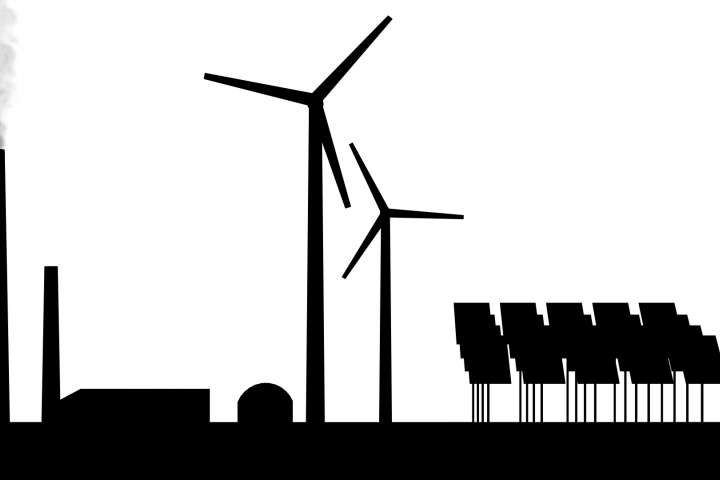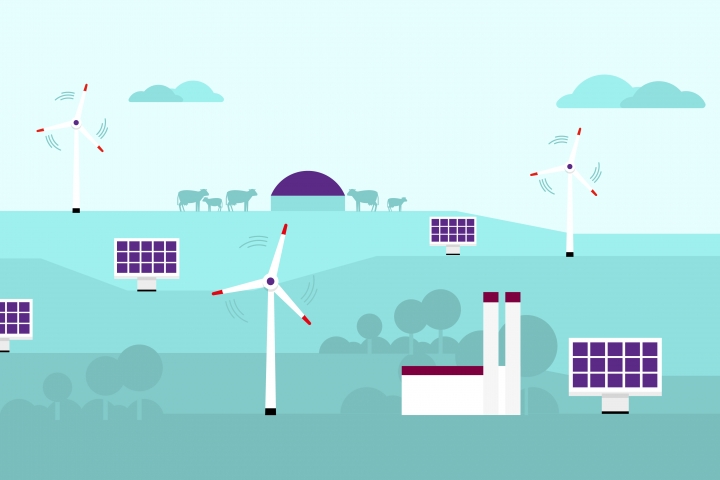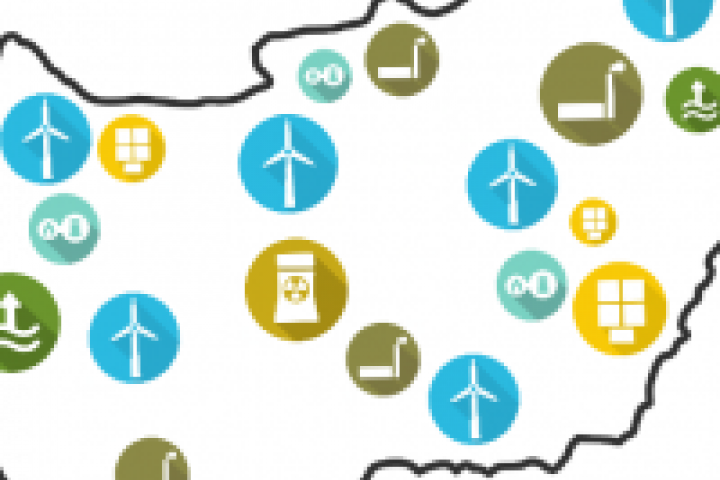Possibilities for creating a green energy pathway for Central- and South-Eastern Europe
Leading energy experts, professors and researchers presented their views and energy models regarding future energy visions and roadmaps at the workshop organised by Energiaklub Climate Policy Institute and the Green Workshop Foundation in Budapest, the 3rd of November.
The aim of the special international workshop was to initiate cooperation in Central- and South-Eastern European countries towards a joint sustainable energy scenario.
The event was opened by Dr. Manfred Emmes, Deputy Head of Mission of the German Embassy, Orsolya Fülöp, Policy Director of Energiaklub, and Benedek Jávor, member of the Greens in the European Parliament.
In the first section, dr. Béla Munkácsy, Professor at the Eötvös Loránd Science University presented the renewable potential analysis and 100% RES scenario of the ‘This way ahead!’ research group. Following him, Orsolya Fülöp, co-author of the ‘Alternative and Sustainable Energy Scenarios for Hungary’ research paper, presented four different energy models for Hungary by 2050, three of them with nuclear phase-out and high share of renewables.
Prof. Poul Alberg Østergaard from the Aalborg University of Denmark talked about the history of the Danish energy transition from almost 100% oil to 40% wind power production. He highlighted the importance of alternative energy scenarios and offering true choices between them. The transition is not only a technological change: it also changes who will make the profit, he emphasized. Although decentralized energy production is a nightmare for all TSOs, it works, the Professor concluded.
Christian Redl from Agora Energiewende Germany provided a detailed overview of the status and success of the Energiewende. He did not keep back, though, from expressing the challenges which remain to be solved, e.g. the bottlenecks in the transmission lines, as well as the level of CO2 emission which is not decreasing in the desired pace, mainly due to the usage of coal fired power plants. The phase out of coal must be next on the agenda after phasing out nuclear capacities by 2022 in Germany, he said.
In the second session, speakers from Croatia, Bosnia, Macedonia, Kosovo and Poland presented diverse approaches and challenges from the SEE and CEE region. Prof. Neven Duic from the International Centre for Sustainable Development of Energy, Water and Environment Systems and the University of Zagreb reassured the previous speakers: baseload power production is the technology of the past. In his opinion, power to heat technology and electric cars will help a great deal in overcoming the problems of expensive energy storage. The green transition will give a lot of work for engineers so there is no reason for them to resist, he added half-jokingly.
Garret Tankosić-Kelly from South East Europe Sustainable Energy Policy presented their international modelling project, and proposed communication strategies and solution towards policy makers. Alternative energy scenarios were presented by Nevena Smilevska (Eko-svest) for Macedonia, Learta Hollaj (Institute for Development Policy) for Kosovo and Urszula Siedlecka (Wise-Europe) for Poland. The presentations were followed by an interesting discussion about why policy makers in the Balkans insist on building coal or lignite-fired power plants – and why the World Bank seems to be willing to finance them – if it is the most expensive solution among all the alternatives.
In the panel section, József Feiler from the European Climate Foundation, András Krolopp from The Nature Conservancy Europe and László Szabó, Regional Centre for Energy Policy Research (Hungary) were among others talking about how state capture and corruption – ‘the friends, family and lovers’ - hinders progress in the region and keeps these countries in the era of lignite.
Benedek Jávor in his closing remarks emphasized the necessity of a much deeper regional cooperation. Transition is not a choice: either we do it or we do it, the question is how fast we, in this region, will do it, he concluded.


The event was supported by Central European Initiative (CEI) and Heinrich Böll Stiftung (HBS).
